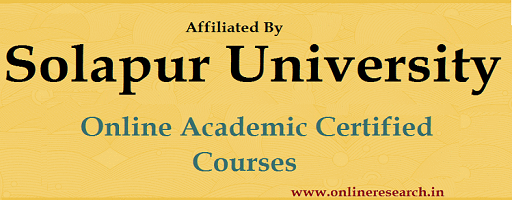| Article Details : |
|
| | | Article Name : | | | The Law of the Empires, International Anarchies against International Law Review: A Philosophical Analysis | | Author Name : | | | Rortha Chum | | Publisher : | | | Bridge Center | | Article URL : |  | | | Abstract : | | | One of the most important elements of the Geneva Conventions and the United Nations Charter is one of international law is the United Nations' mechanism for determining global justice. The link between international law and EU law may be understood by reviewing over both international law and the constitutional foundation of EU legislation. The standard for historiographies of international law is state-based and Eurocentric. The European framework of law regulating sovereign nations is claimed to have emerged at the end of the Middle Ages and subsequently expanded throughout the world using the dual techniques of colonialism and decolonization. This is how "the history of international law" has been reduced to. Codification treaties and draft articles produced by the International Law Commission are becoming more frequently cited by states, courts, tribunals, and international organizations as examples of customary international law.
International law was dominated by formalism, especially in Britain. International law was prevalent in the late Ottoman Empire. International law continues to provide several challenges for legal research. The traditional distinctions between power and international law are eroding in a more anarchic, competitive, and legalized international system. International law has fulfilled and still fulfills certain societal purposes based on social conceptions and broad legal understandings. Treaty-making, commerce, dispute settlement, war justification, and peacemaking | | Keywords : | | | philosophy, international law, the law of the empire, treaty-making, dispute resolution, justification of war, peace-making |
|
|
|
|
|
|

|
| Announcements
|
- Volume 9, issue 5, August issue - publishing in progress
- Volume 9, Issue 2/ May 2021 publishing IN PROGRESS
- Call for Papers: open. Articles will be uploaded constantly, once the evaluation process is complete.
- The Certificates of Publication can be downloaded from RECEIVED ARTICLES section.
- COVER - VOLUME 2, ISSUE 12 / MARCH 2015
- COVER - VOLUME 3, ISSUE 2 / MAY 2015
- COVER - VOLUME 3, ISSUE 3 / JUNE 2015
- COVER - VOLUME 3, ISSUE 4 / JULY 2015
- COVER - VOLUME 3, ISSUE 8/ NOVEMBER 2015
- COVER - VOLUME 4, ISSUE 4 / JULY 2016
- COVER - VOLUME 4, ISSUE 5 / AUGUST 2016
- COVER - VOLUME 7, ISSUE 11/ FEBRUARY 2020
- Volume 9, issue 3, June 2021 publishing in progress
|
|
|
| New Launched Project |
 |
|
|
| Recommend & Share
|
|